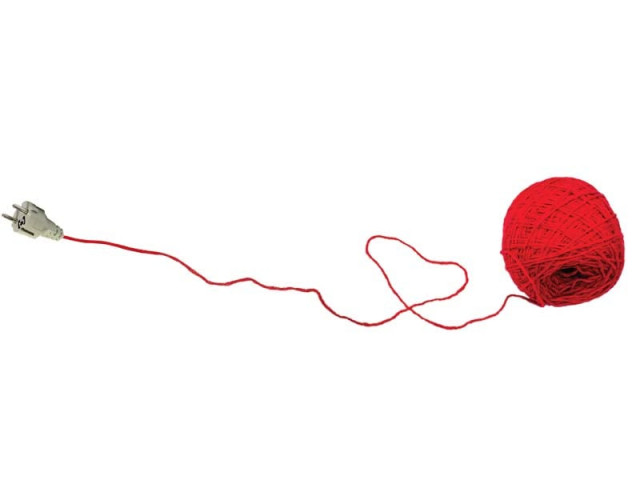Textile industry: ‘Give me electricity or I will move to Bangladesh’
Several manufacturers are moving to Dhaka on the promise of better power supply, lower tariffs.

Faced with a chronic energy crisis in Pakistan, many textile manufacturers in Faisalabad – the country’s textile hub – are voting with their feet and moving their manufacturing units to Bangladesh.
For its part, Bangladesh has been offering a lot of incentives, including uninterrupted power supply (at cheaper rates than in Pakistan), tax-free status for the first ten years and tariff-free access to markets in the European Union.
These incentives have convinced many Pakistani businessmen to invest heavily in Bangladesh. Salamat Ali, the owner of Tauseef Enterprises, for instance has already invested Rs300 million in setting up a textile factory in Bangladesh. Others, like K&M Textile, are considering doing so.
“The cost of doing business in Pakistan is very high,” said Rana Ghulam Irtiza, coordination manager at Tauseef Enterprises.
Irtiza says that, in addition to cheaper and more reliable electricity, labour costs in Bangladesh are cheaper and the workers tend to be more efficient. The per capita income in Bangladesh is about half that of Pakistan’s $1,250.
Profit margins in Bangladesh tend to be around 30% higher for textile exporters than in Pakistan, according to Irtiza.
Some firms that have requirements for more well-qualified labour have even thought of moving as far afield as the United States, where labour costs may be higher but it is easier to find skilled labour. Javed Ahmed, a manager at K&M Textile, a composite manufacturer, said his company was considering such a move.
He added that international buyers are increasingly reluctant to place orders with firms located in Pakistan because they fear that the electricity shortage will result in delays, an unacceptable business risk for many retailers that rely on a “just-in-time” business model.
Another huge attraction in Bangladesh is the lack of tariffs in major markets such as the United States and the European Union. Classified as a “Least Developed Country”, Bangladesh has been given special tariff-free access to markets in developed countries as an indirect form of aid.
Mian Farrukh, the owner of Cosy International, a composite textile manufacturer, said that the tariff-free access was the single biggest factor in his decision to set up business in Bangladesh.
Farrukh added that the fact that electricity is around 35% cheaper in Bangladesh was also an added incentive for his company to move.
Bangladesh’s textile industry has made such an impact on the global map that international buying houses have created their offices there, forcing many Pakistani manufacturers to travel to Dhaka to get orders for goods destined for markets around the world.
It is not known precisely how many industrialists have moved their factories to Bangladesh and how many have simply opened up additional manufacturing units there. Yet the trend is clearly worrying to many observers, who fear a mass exodus of Pakistan’s textile manufacturing base, which in turn would be devastating for the millions of people currently employed by the sector.
“The government of Pakistan needs to formulate a comprehensive policy to salvage the textile industry,” said Mushtaq Ali Cheema, who was the textile minister during the Musharraf administration, and is the owner of MSC Textiles.
“Exporters and manufacturers are really disappointed with the way the government has handled their industry,” added Cheema. “Instead of thinking about creating new provinces, the government should focus on enhancing the country’s competitiveness. Otherwise, our industry will run away to Bangladesh.”
Published in The Express Tribune, August 18th, 2011.



















COMMENTS
Comments are moderated and generally will be posted if they are on-topic and not abusive.
For more information, please see our Comments FAQ